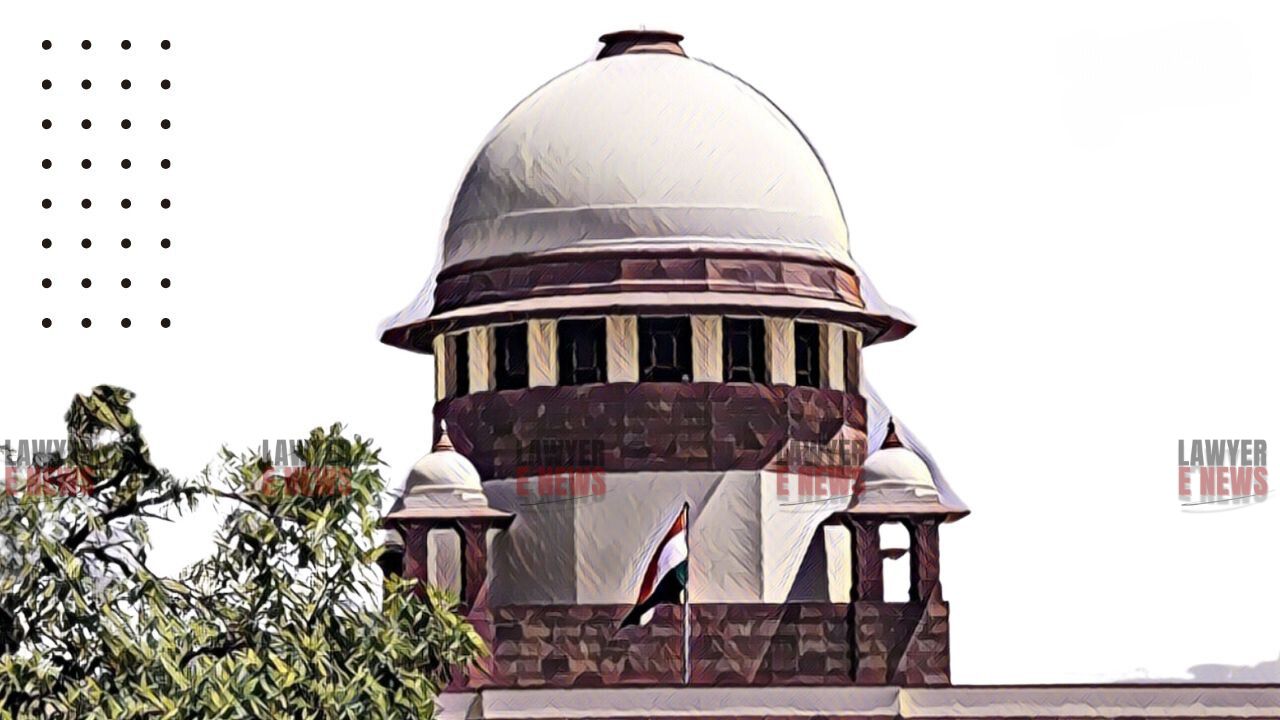-
by Admin
15 February 2026 5:35 AM



On September 13, 2024, the Supreme Court of India dismissed a Special Leave Petition filed by Talluri Srikar, a minor represented by his father Talluri Srikrishna, against the National Testing Agency (NTA). The petitioner sought a re-examination for NEET-UG 2024 due to being disallowed from using a handkerchief during the exam, citing it as a necessity for his medical condition. The Court upheld the High Court's decision, emphasizing the need to avoid disrupting public examination processes.
Talluri Srikar, a candidate for NEET-UG 2024, suffers from 'Hyperhidrosis,' a condition causing excessive sweating of the palms and soles. During the exam, he was denied permission to carry a handkerchief into the examination hall, which he claimed hindered his performance. The petitioner argued that this led to an inability to complete the exam effectively, including bubbling the wrong digit on the OMR sheet. Following the rejection of his representation by the NTA on June 21, 2024, the petitioner approached the High Court, which dismissed his plea, leading to this appeal to the Supreme Court.
The primary legal question was whether the petitioner was entitled to a re-examination for NEET-UG 2024 due to being disallowed from carrying a handkerchief, especially considering other candidates were granted a re-exam due to delayed distribution of question papers. The petitioner contended that the denial was negligent and affected his performance, while the respondents argued that the full allotted time was given, distinguishing his case from others who lost examination time.
The Supreme Court, presided over by Chief Justice Dr. D.Y. Chandrachud and Justices J.B. Pardiwala and Manoj Misra, affirmed the High Court's decision, emphasizing several key points:
Allotted Time Provided: The Court noted that unlike the 1563 candidates who were granted a re-examination due to delayed question paper distribution, the petitioner received the full allotted time for his exam. Therefore, his situation was not analogous to those candidates.
Impact on Performance: The Court found the High Court's view plausible that the inability to use a handkerchief would not have materially affected the petitioner's performance. It was highlighted that answers in the examination were to be marked on an OMR sheet, requiring minimal pen or pencil use, thus suggesting that wiping sweat on clothing would suffice.
Larger Public Interest: The Court stressed the importance of being circumspect in entertaining individual grievances in public examinations to avoid delays in finalizing results, which could prejudice the larger public interest.
The Supreme Court dismissed the Special Leave Petition, concluding that there was no merit in the petitioner's claim for a re-examination. This decision reinforces the principle of judicial restraint in intervening in public examination processes.
Date of Decision: September 13, 2024
Talluri Srikar (Minor) Through His Father Talluri Srikrishna vs. The Director, National Testing Agency & Ors.
